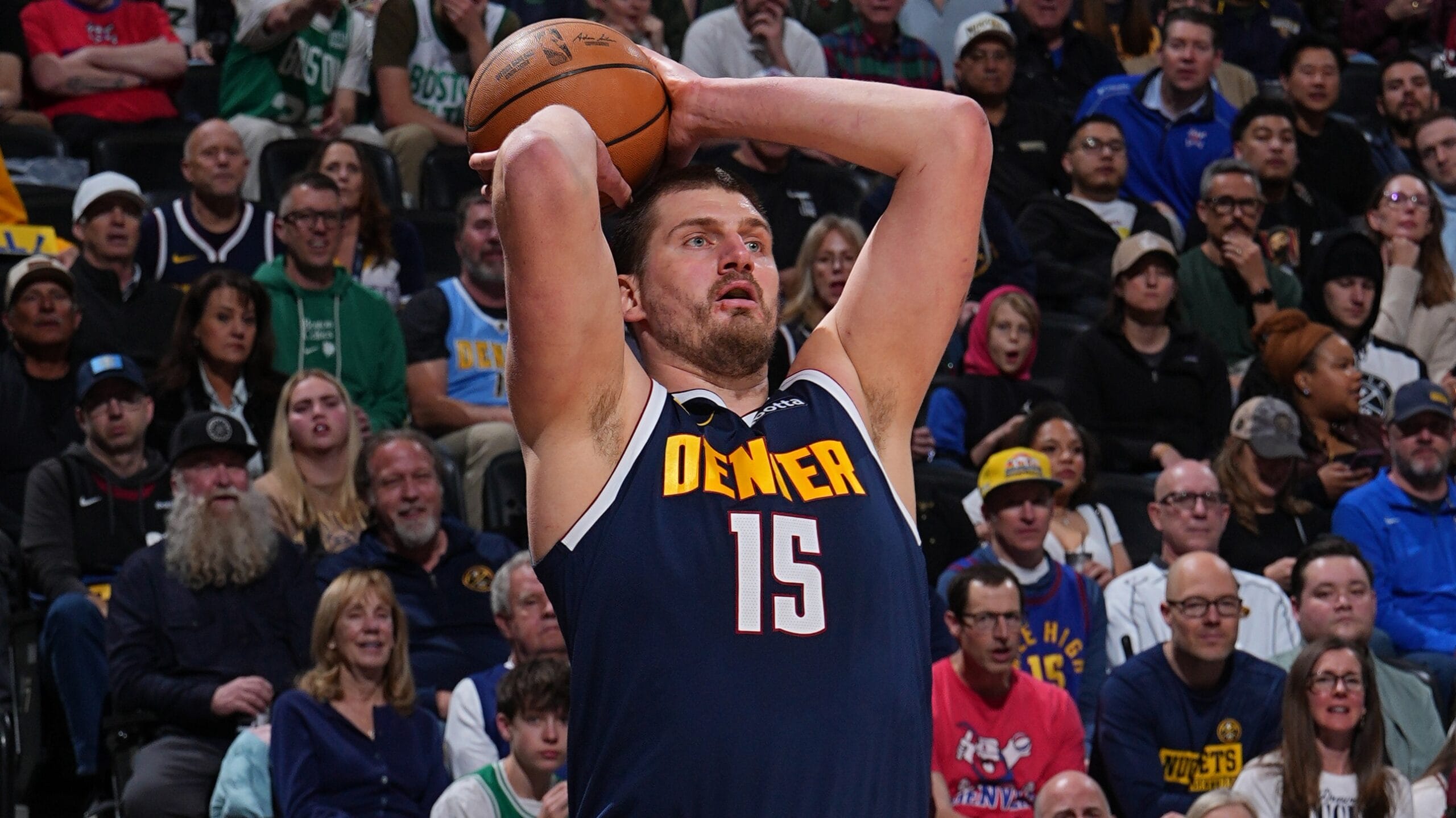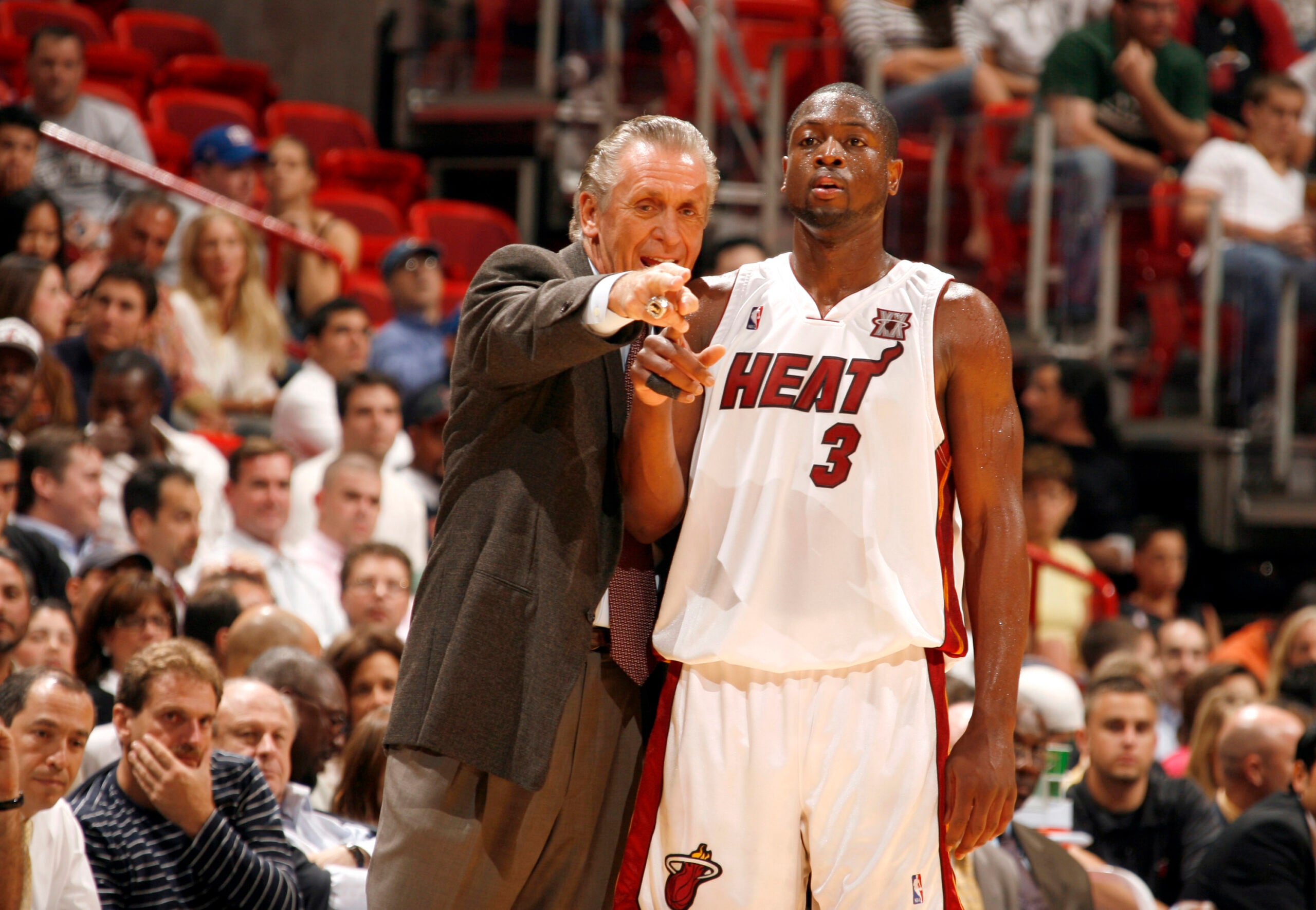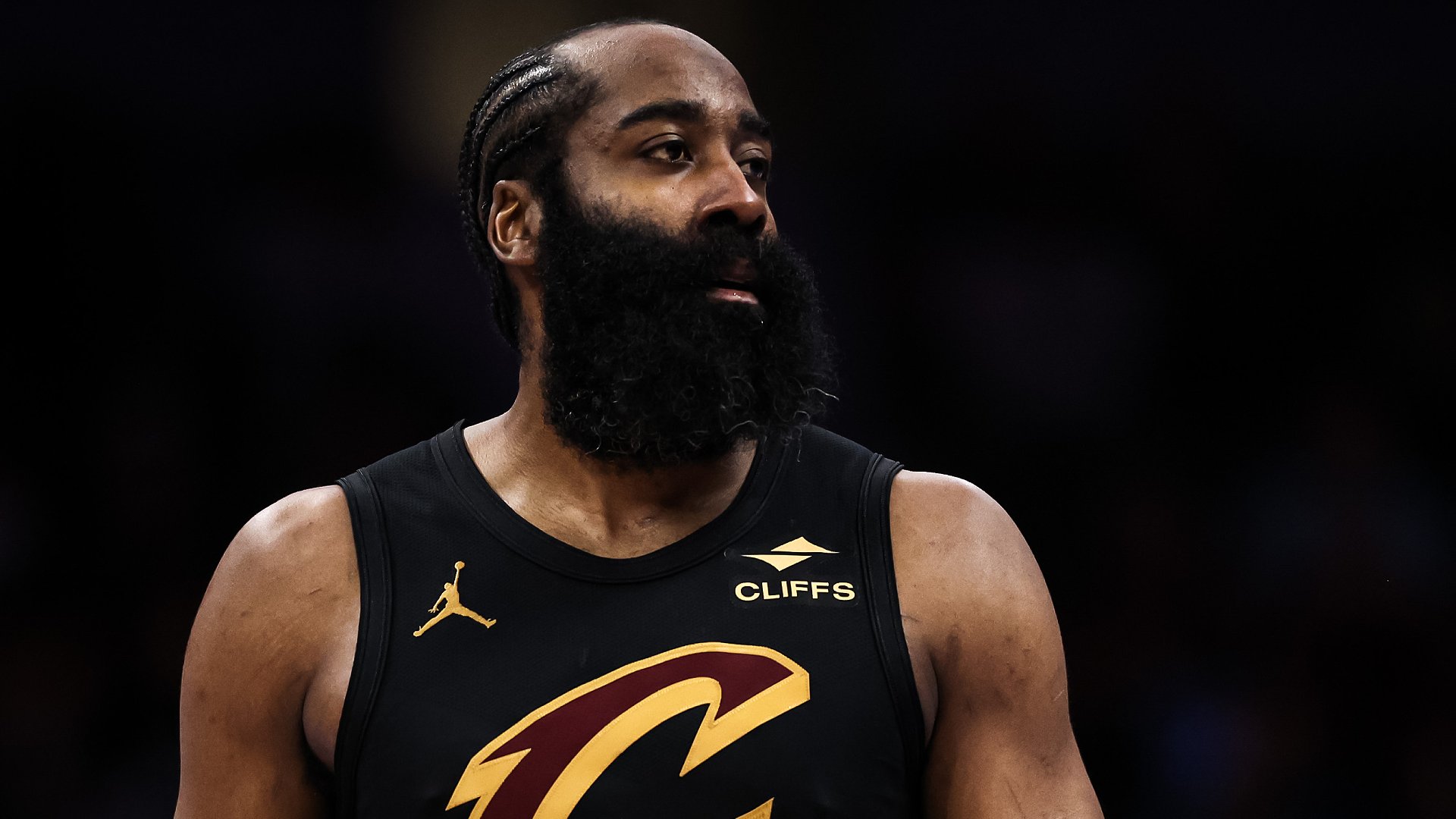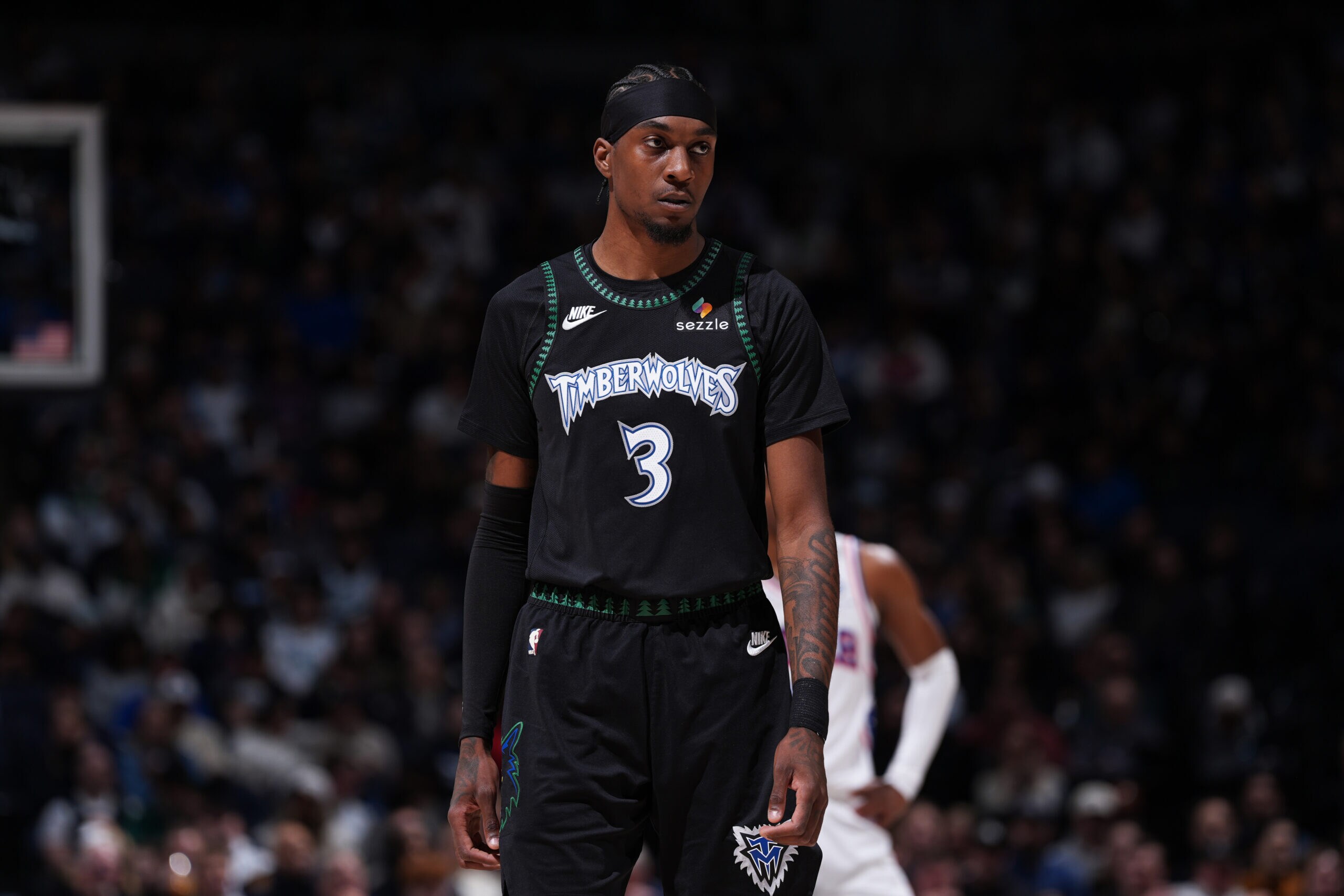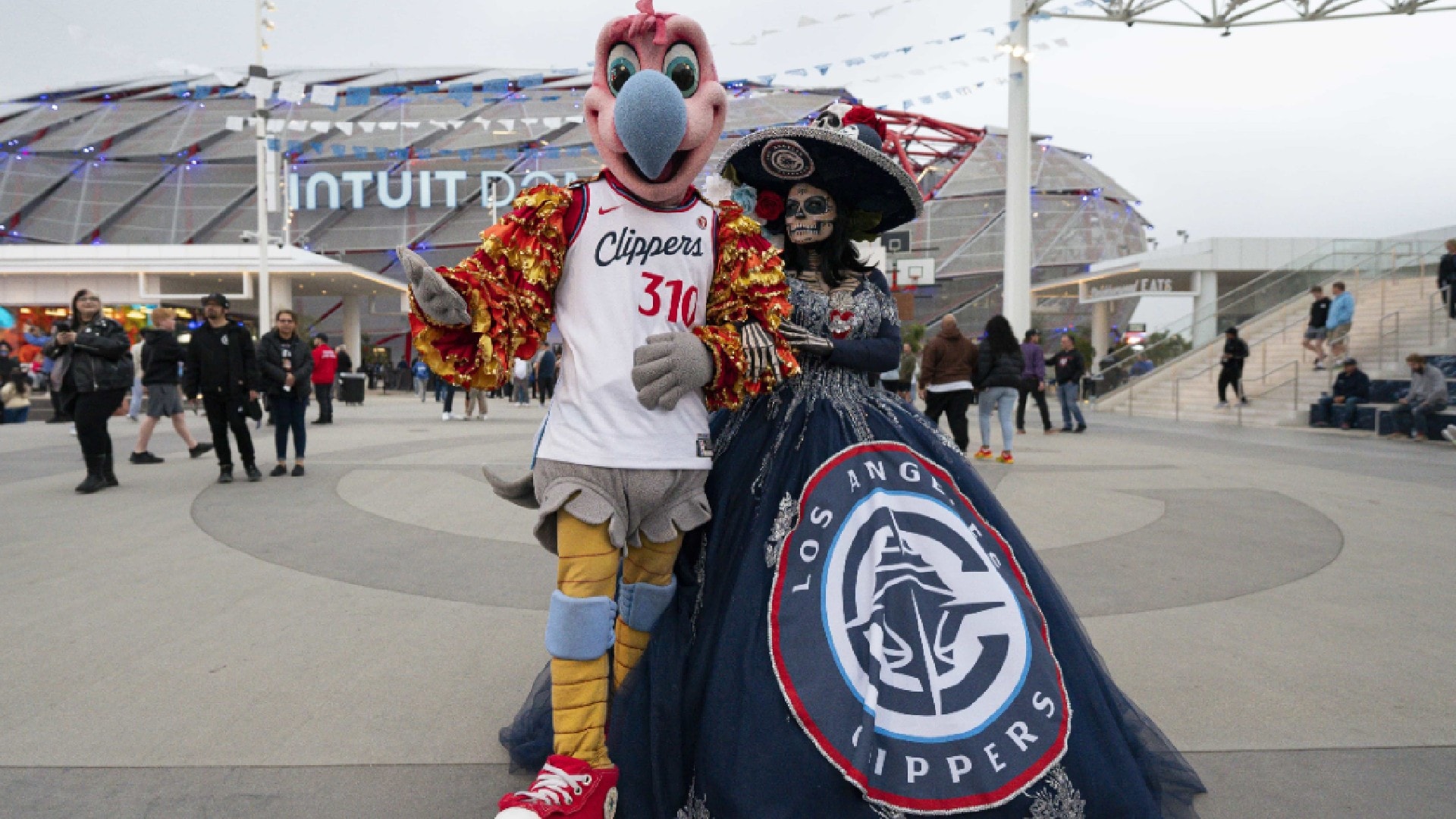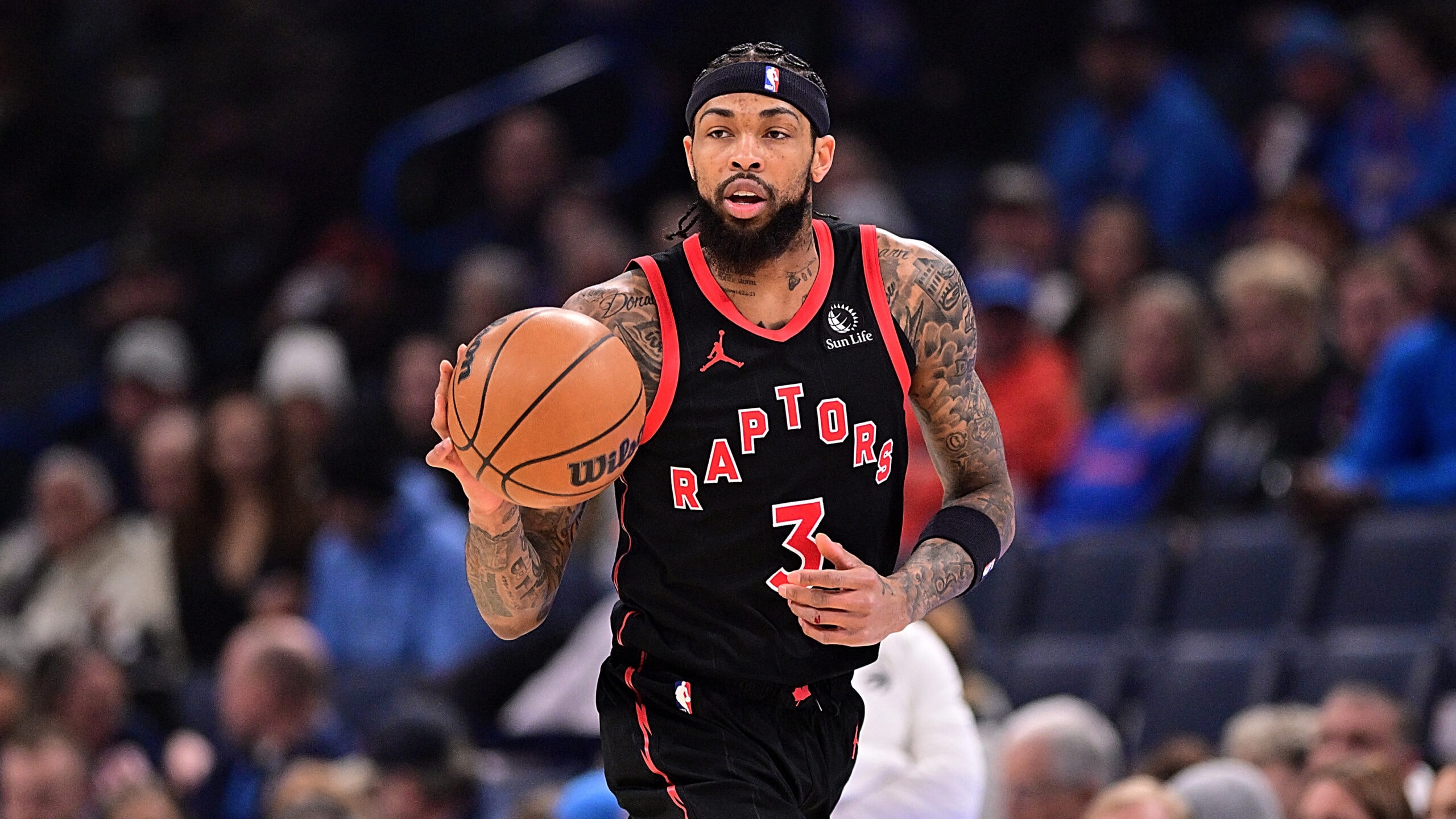
Stephen Curry leads the Warriors against a Rockets team that improved its win total for a 4th straight season.
Very rarely do in-season trades work as well as the Warriors’ acquisition of Jimmy Butler, which turned a below-.500 team into a possible title contender. Stephen Curry is still an offensive marvel in Year 16, Draymond Green is a Kia Defensive Player of the Year candidate once again and Butler has fit in remarkably well.
The Houston Rockets, who’ve gone from 22-60 two seasons ago to 52-30 this year, had an even stronger close to the season than the revamped Warriors. The Rockets ranked in the top four on both ends of the floor as they went 15-2 to clinch the No. 2 seed in a brutally tough Western Conference, concluding that stretch with an impressive win at Golden State on April 6.
Though the Rockets also won when these teams met in the Emirates NBA Cup quarterfinals, the Warriors won the season series 3-2. It’s a fascinating matchup between grizzled vets and young upstarts, with the Warriors’ 2015 championship having come when most of the Rockets’ core was in middle school.
Series schedule
Here’s how to watch the Rockets vs. Warriors series:
All times Eastern Standard Time
- Game 1: Warriors at Rockets (Sun. April 20, 9:30 ET, TNT)
- Game 2: Warriors at Rockets (Wed. April 23, 9:30 ET, TNT)
- Game 3: Rockets at Warriors (Sat. April 26, 8:30 ET, ABC)
- Game 4: Rockets at Warriors (Mon. April 28, 10 ET, TNT)
- Game 5: Warriors at Rockets (Wed. April 30, TBD)*
- Game 6: Rockets at Warriors (Fri. May 2, TBD)*
- Game 7: Warriors at Rockets (Sun. May 4, TBD)*
* = If necessary
Top storyline
The possession game. The Rockets averaged 5.5 more shooting opportunities (shots from the field or trips to the line) than their opponents. That was the league’s biggest differential and the fifth biggest for any team in the past 25 seasons.
They ranked 23rd in effective field goal percentage, but the Rockets made up for subpar shooting by getting more shots. They led the league in offensive rebounding percentage by a huge margin, averaging the second most second-chance points per game (18.1) for any team in the 29 seasons that second-chance points have been tracked.
The Warriors haven’t been good in the possession game in years past, but they’ve seen dramatic improvement this season. And after acquiring Butler, they averaged 5.5 more shooting opportunities than their opponents, the same differential as the Rockets’ season-long mark. At season’s end, the Rockets and Warriors were the two teams that ranked in the top 10 in both offensive and defensive rebounding percentage.
Shooting opportunities were even in the Warriors’ seven-point win in Houston just before the All-Star break, but the Rockets had the advantage (committing four fewer turnovers) in their 10-point win in April. The possession game will likely play a big role in this series as well, and Houston should be the more desperate team in that regard.
Keep your eyes on
Amen Thompson on Stephen Curry. That Houston win on April 6 came with Curry scoring just three points on 1-for-10 shooting. His primary defender was Thompson, who spent more time on Curry that night (4:13) than he did in Curry’s other two games against the Rockets combined (3:52).
With his combination of length, athleticism and motor, Thompson may be as qualified as anybody in the league to chase Curry around for the next two weeks. Over the five-game season series, Houston was 24.6 points per 100 possessions better with the All-Defense candidate on the floor (plus-10.1) that it was with him off (minus-14.5). And if Thompson can stay attached to a player 15 years his senior, things get a little easier for the rest of the Rockets’ fifth-ranked defense.
Of course, the Warriors have counters for everything. If he can’t lose Thompson, Curry can be a more frequent screener and free up his teammates for layups and open shots.
1 more thing to watch for each team
For Houston: The guards’ shooting. The Rockets had just one player (Dillon Brooks) who shot the league average (36%) or better on at least 200 attempts from 3-point range. (The Warriors had four.) Jalen Green and Fred VanVleet averaged 8.1 and 7.7 3-point attempts per game, respectively, but combined to shoot just 35% from deep.
The Rockets don’t necessarily need to match their opponent from beyond the arc; they had the league’s second-best record (16-13) in games in which they were outscored from 3-point range. (Golden State was 7-16 when outscored from deep.) But they do need multiple players to shoot relatively well over the next two weeks.
For Golden State: Depth. The Warriors played 10 guys in their Play-In win over the Memphis Grizzlies on Tuesday, and that rotation didn’t include Jonathan Kuminga. The first round offers extra rest, but this team’s three best players are all at least 35 years old and the Warriors can’t wear them out in the first round if they have championship aspirations.
A lot of questions come with all those potential rotation pieces. How much do the bigs play and how do they match up when the Rockets pair Steven Adams and Alperen Sengun together? Where does the offense come from when Curry is off the floor? Gary Payton II or Brandin Podziemski? Does Kuminga get a chance?
How Warriors coach Steve Kerr manages his rotation will be fascinating … and critical.
1 key number to know
390-294 – The Warriors averaged 390 passes per 24 minutes of possession, the league’s second highest rate according to Second Spectrum tracking. This was the 10th straight season in which they ranked in the top two in ball movement, and they also ranked fifth in player movement (11.9 miles traveled per 24 minutes of possession).
The Rockets ranked last in ball movement, averaging just 294 passes per 24 minutes of possession, and they were 25th in player movement (10.7 miles per 24). While Golden State led the league by a wide margin in assist rate (recording assists on 71.4% of their field goals), Houston ranked last (54.9%) by an even wider margin.
So this series will be a real contrast of styles, with a huge discrepancy in regard to offensive movement.
The pick
Warriors in six. Any of the four teams on this side of the Western Conference bracket could realistically reach the conference finals, and two of them will be extremely disappointed when they lose in the first round. The Rockets are, objectively, the better team in this series, having ranked higher than the Warriors on both ends of the floor.
But the Warriors have the core that’s been here before, and they’ve also been one of the league’s best road teams. The Rockets will make this a physical, ugly series; the two teams combined to score just a point per possession over their last four meetings.
But in the end, Golden State should be just a little more potent offensively.
* * *
John Schuhmann is a senior stats analyst for NBA.com. You can e-mail him here, find his archive here and follow him on X.
The views on this page do not necessarily reflect the views of the NBA, its clubs or Warner Bros. Discovery.





